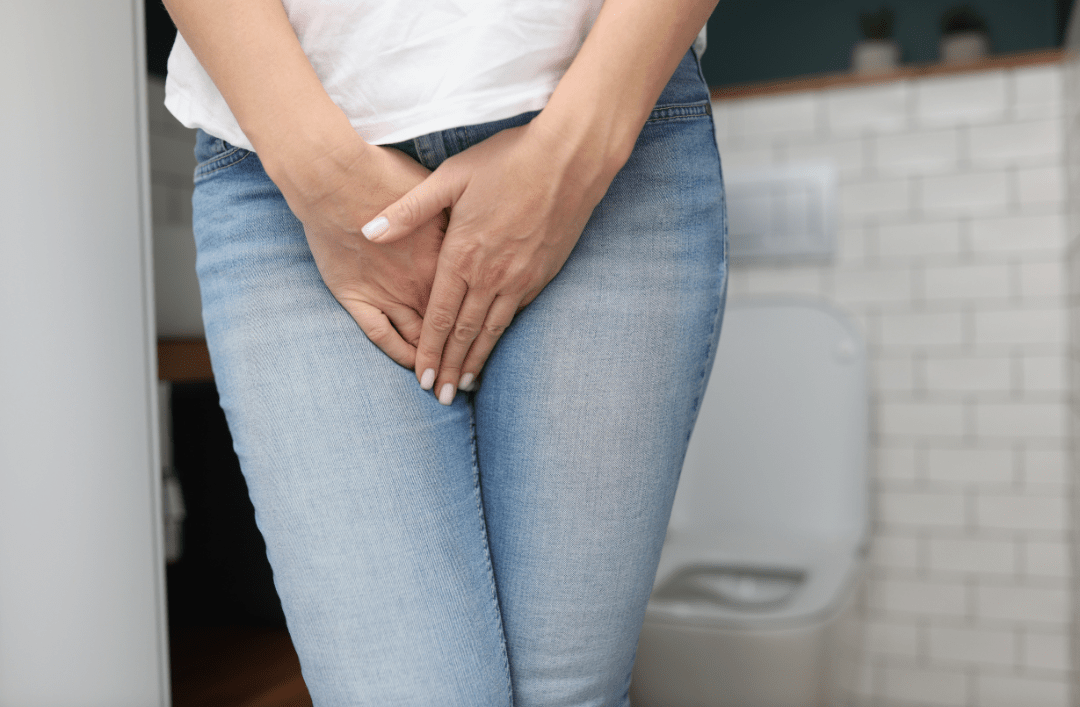If you are having a burning sensation while peeing, chances are you may be having a Urinary Tract Infection (UTI). UTIs are often accompanied by a frequent urge to urinate, painful urination, and not feeling like you have emptied your bladder even after urinating.1
Apart from a urinary tract infection, you may also experience a burning sensation while peeing if you have warts or sores in your genital region. These warts and sores can be due to Sexually Transmitted Infections (STIs). Therefore it is never a great idea to ignore a burning sensation while peeing! 2
Urinary tract infections are bacterial infections that can occur anywhere in your urinary tract – the urethra (where the pee comes out), ureter (tube that carries urine), bladder (which stores urine) and kidneys. Bacteria when entering the urinary system through the urethra may crawl up and settle into any part of the urinary system. These bacteria then start doubling in number and may cause a full-blown infection. Women are more at risk for UTI than men. The reason is that a woman’s urethra is much shorter than a man’s. Hence, it makes it easy for bacteria to travel faster and spread infection in women! 3
A standard treatment for a UTI, according to Johns Hopkins, is five days of antibiotics. Painkillers can help reduce the discomfort of painful urination or burning sensation too. Using a soothing, pH balanced intimate wash (no fragrance) can help give immediate relief as you try to contact your doctor for medical advice. Home remedies for UTIs, including cranberry juice, have not been proven scientifically to help treat/prevent UTIs. If you are suffering from a UTI, or anything like pain while passing urine, a good practice is to drink a lot of water. Drinking loads of water helps to flush out the bad bacteria which may be a reason behind the pain while urinating. Hence, staying well hydrated can reduce the risk of Urinary Tract Infections (UTI) at a significant rate.
A diagnosis of a UTI may require a sample of your urine in order to determine the presence of infection as well as to identify if the infection is resistant to any antibiotic varieties. After this, the doctor will typically require you to start your course of antibiotics. It is important to not ignore a UTI because if left untreated, it can develop into a more serious infection.4
In case your doctor suspects a Sexually Transmitted Infection (STI) as the reason behind your burning sensation in urine, they would order some blood tests, urine tests and take a swab of your genital region. This will help to identify the infection and treat it accordingly!





